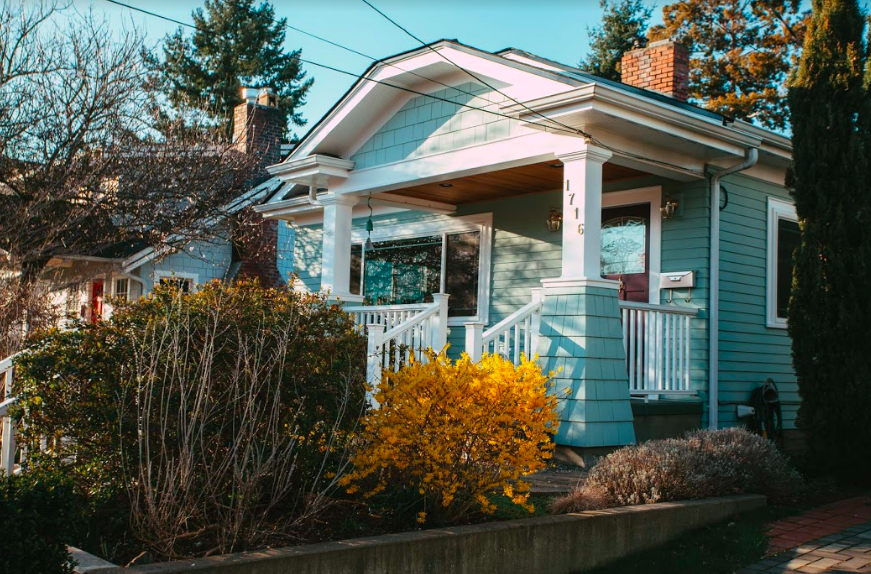If you are buying a house, you have likely come across many properties that have homeowners associations, or HOAs. HOAs are legal entities that govern properties within condominium buildings, apartments, or planned communities.
Townhouses, condominiums, and even single-family homes in planned communities can have HOAs and associated dues and rules. They maintain a cohesive structure that spares homeowners certain responsibilities but also bestows obligations.
HOAs can have a huge impact on whether or not a buyer can afford a particular home. However, this is not the only factor to consider when it comes to HOAs. That is, not all HOAs are created equal — they come with varying restrictions and benefits.
Here are a few things to know about homeowners associations.
Varying Fees
All property owners within the HOA community must pay HOA fees. These fees can change. Fees fluctuate depending on factors such as maintenance needs and the number of residents.
Most HOA fees are paid monthly. However, some are due quarterly or even annually. Fees can range from $50 to thousands of dollars.
HOA fees can vary between communities but also within the same housing complex. As you are shopping for your home, the HOA is usually included in the property listing. A high HOA increases monthly payments, which usually decreases the price of the home a homebuyer can afford.
Before you purchase a home with an HOA, you should find out what the HOA dues are, how often they are due, what they cover, and if there is a reserve fund. Decide whether you need the amenities included and whether your budget matches the fees due.
[Related: Guide to Closing Costs in Washington State]
HOA Health and Special Assessments
Before purchasing a home with a homeowners association, look at how fees have changed in the HOA over the last ten years. This could be an indicator of the HOA’s health and could foreshadow what increases you can expect if you buy the home.
Fees are often mapped out for the next five years, but keep in mind that these are only estimates. The frequency with which fees change can have a big impact on your finances.
HOAs may choose varying ways of governing. Some HOAs choose to have a large cash reserve in case of any unforeseen repairs that need to be made. If there is no such cash reserve, residents may be charged a “special assessment” to pay for any unexpected expenses.
Be sure to check for any special assessments planned in the future, as they can quickly become a financial burden to homeowners in the community.
[Related: Tips for Choosing the Right Loan Terms for You]
What Is Included
The dues that HOA residents pay usually cover upkeep of common areas. However, some HOAs include more or fewer benefits.
The benefit of HOAs is that they can ensure a community stays visually appealing. This can help increase property value when selling the home. It also takes much of the hassle out of maintenance.
However, all HOAs are different. Some include a vast list of services and some are barebone. HOAs sometimes include utilities, pool maintenance, internet service, fitness room upkeep, parking garage cleaning, or a number of other items. Normally, the more services that are included, the higher the HOA fees.
If a community has a recreational facility, you will have to pay for upkeep whether or not you use it. Be sure to make a list of inclusions and exclusions so no surprises spring up.
[Related: Tips for Deciding How Much to Offer on a House]
Covenants, Conditions, and Restrictions
It is important to read the HOA’s covenants, conditions, and restrictions (CC&Rs). Be sure not to overlook any rules and be aware of what restrictions you must adhere to.
Some HOAs have rules about parking, lawn maintenance, and even window coverings. Most HOA rules focus on the exterior of the home. There could, for example, be restrictions on what kind of trees you can plant.
HOA rules are legally enforceable. It is therefore necessary for you to assess whether you can abide by those rules before purchasing the home.
[Related: How to Finance a Home Remodel]
HOA Management
HOAs can be useful in managing several homeowners under a set of rules. A big benefit is conflict resolution. Such management can be helpful but it can also keep you from doing certain things.
Some HOAs will not allow you to rent out your home. Others have restrictions on pets. Make sure the HOA you are entering allows for the lifestyle or goals you envision.
Finally, you should become aware of the HOA’s reputation. Look into whether they manage their properties well and have a good financial standing.
A well-run HOA can be a huge asset to your property. In fact, it can increase property value by up to 4.2%.
[Related: In a Hurry? Tips to Close Your Mortgage Quickly]
Speak to an Expert
The best way to ensure you are setting yourself up for success with an HOA is to contact an expert, and Seattle Mortgage Planners is here to help. We can walk you through the HOA’s fine print, make sure the dues fit within your budget, and help you make the best decision for your needs and goals.
Contact us today to get started!

